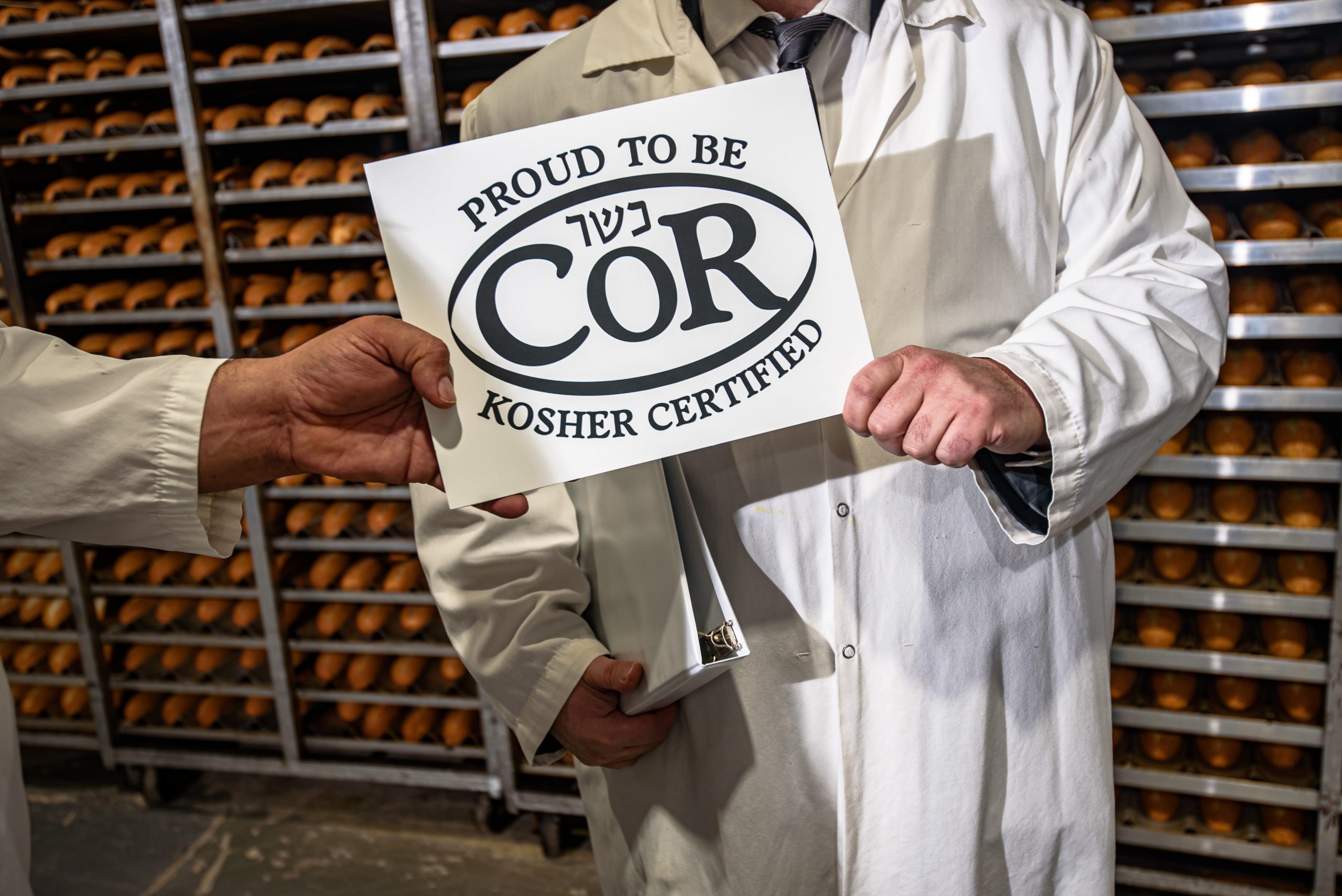While the rules sound simple, practical application can be more complex.
Kosher means “acceptable” and the term originates from the Bible and is set out in greater detail in the Talmud and other Jewish legal works. For example, the Bible lists certain animals which are not considered kosher (i.e. pigs, rabbits, shellfish and insects). Meat from permitted animals may only be consumed if the animal is slaughtered in a specified manner by a trained butcher or shochet. In addition, milk and meat products must never be mixed. Finally, certain products such as most cheeses, grape juice and wine must be prepared either in whole or in part by Jews.
While the rules sound simple, the practical applications can often be more complex. Each ingredient used in the production of a certain food product, even if only used in trace amounts, must be kosher. For example, gelatin, an ingredient used in many candies or yogurts, is often made from the remnants of cattle, pigs or horses. Or tallow, which is often used as a lubricant, is a rendered form of beef or mutton fat.
Simply reading the list of ingredients does not ensure that a particular product is kosher for two main reasons. First, if an ingredient contained in a product is used in a small proportion, governments may not require that they be listed on the package. Thus, a consumer could unknowingly be consuming a non- kosher ingredient even if he or she read the product’s ingredients carefully. Second, the machinery used in the production of kosher food products must be thoroughly cleaned in a prescribed fashion to ensure that there is no cross contamination with non-kosher food items produced on the same machinery.
Therefore, kosher certification agencies will investigate both the ingredients that go into the product and the facility where the product is being made in order to determine the kosher status of the product. Kosher products receive a specific designation identifying the type of kosher category they fall under:

COR certification assures consumers they are buying the highest quality kosher products.